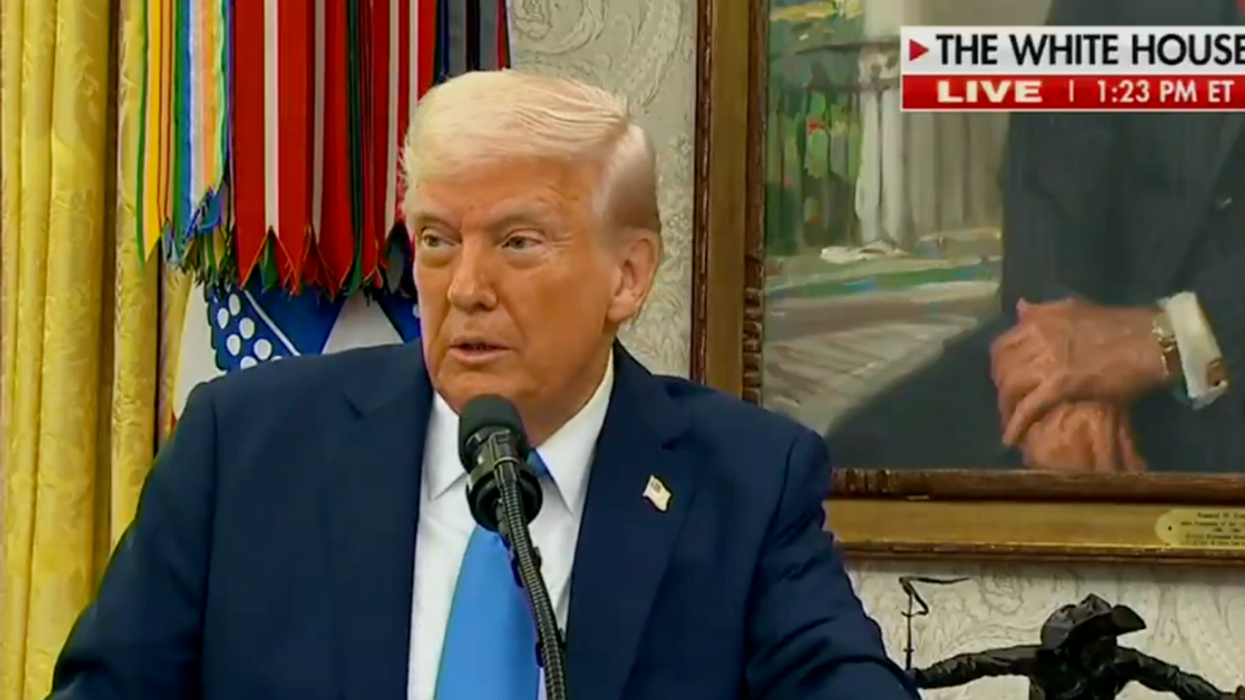An employee of a hotel is in hot water after she called the cops on a Black guest using the swimming pool. It has been labeled another incident of "Living while Black".
An employee of a Hampton Inn in Williamston, North Carolina demanded a Black guest and her family prove they were staying at the hotel. The employee even called the police.
Luckily, the guest was recording.
Missy Williams-Wright shared the video to her Facebook page. In it, she is questioned by two officers who ask for her private information after a hotel employee finds her kids swimming in the pool.
Williams-Wright shows her guest key, but is still questioned further. In front of her children, no less.
She says in the video:
"I feel it's discrimination. I have a room here. This lady here is discriminating [against] me."
"I don't have to give my name. I didn't break the law."
She also points out that there were two White people at the pool who were not asked to prove their guest status.
The video sparked outrage online.
The officers remain unconvinced and run Williams-Wright's license plate. They found her name and compared it to the guest list and determined she did have a room at the hotel.
Why was all this necessary?
According to the police report, the employee claimed:
"[The] manager wanted the people arrested."
Once the incident was over, Williams-Wright and her family left, and went back in the hotel.
Despite the regular occurrence of these situations, and the massive media coverage incidents like this get, Black people still find themselves subjected to police interrogation when they've done nothing wrong.
And inevitably, you'll find people defending the action of calling the cops on them.
Hampton Inn by Hilton was inundated with calls from people online to do something about this. Many called for the employee and the cops to be fired.
It didn't take long for them to get part of their wish.
The manager that the police report and employee implicated is still employed with the hotel as far as the official statement. The police department has yet to respond to the public's concerns.








 @PreetBharara/X
@PreetBharara/X @RepBrendanBoyle/X
@RepBrendanBoyle/X @twesq/Bluesky
@twesq/Bluesky @christopherharris/Bluesky
@christopherharris/Bluesky @evangelinewarren/X
@evangelinewarren/X






 @FrankC164/X
@FrankC164/X
 AMC
AMC